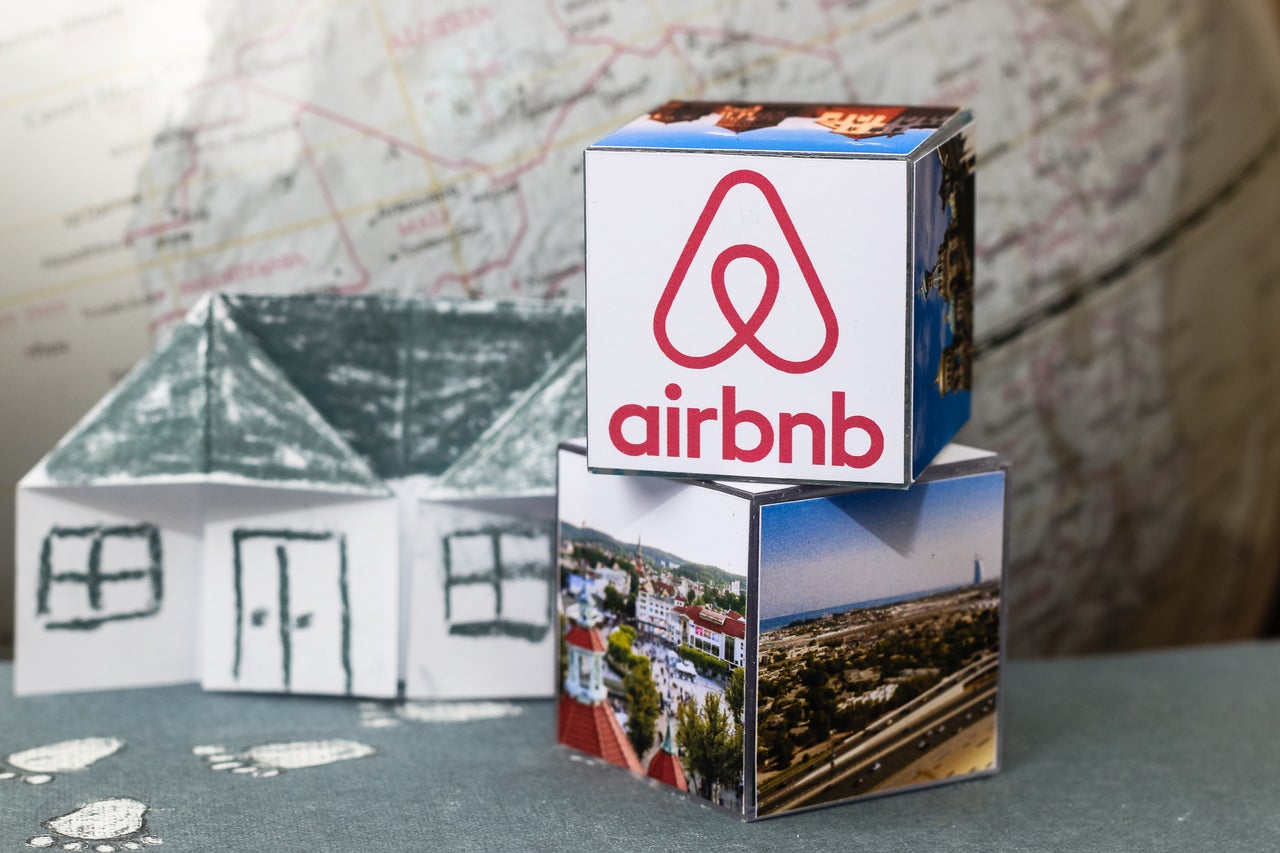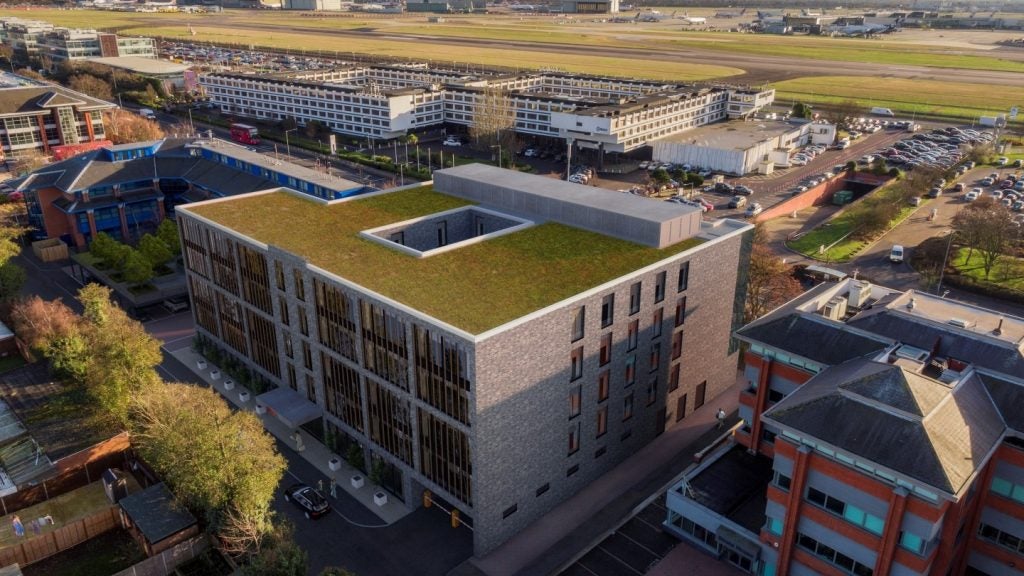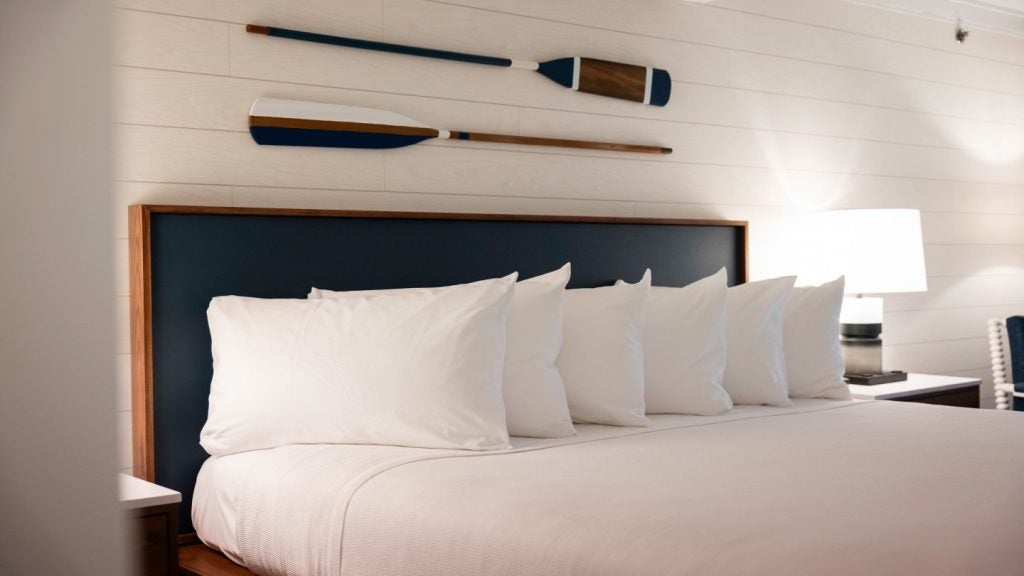Having its hand forced due to the pandemic, Airbnb altered its internal and external strategic direction and it resulted in the company reporting a net profit of $219m for Q3.
Like all other major players in the lodging industry, Airbnb was hemorrhaging cash at a rapid rate at the start of the pandemic. However, it was proactive in how it quickly changed its strategic direction internally and externally in order to remain viable. Internally, the company re-focused on its core markets, concentrating on profitability instead of quick growth. It scaled back its spending in areas such as luxury homes and traditional hotels, as well as laying off 25% of its workforce.
Externally, the company quickly realized that domestic travel would become a priority for many travelers due to the significant barriers to international travel that COVID-19 created. Airbnb announced a pair of initiatives to support local travel and economic growth: a series of partnerships with destinations around the world, and ‘Go Near’, a new initiative to support local economies through local travel. The increased need for awareness around health and hygiene was also addressed. Airbnb announced that it was bringing on former US surgeon general Dr. Vivek Murthy to help develop new cleaning protocols for its hosts during the pandemic.
According to GlobalData’s Week 9 COVID-19 recovery survey (fieldwork undertaken 7-11 October), 41% of global respondents stated that they would consider booking a domestic trip this year, compared to just 30% stating that they would consider booking an international trip. In the same survey, 78% of respondents are either ‘quite’ or ‘extremely’ concerned about the outbreak of COVID-19. This focus on domestic trips and increasing hygiene levels from Airbnb illustrates that it directly addressed new traveler demands and concerns.
Airbnb’s business model gave it a head start
As well as possessing a nimble, asset light business model, the type of lodging that Airbnb provides naturally played in to the company’s hands as traveler demands changed due to the pandemic. Airbnb offers an abundance of close-proximity private accommodation types, which can also be booked in secluded areas, away from busy cities. This meets the new traveler needs of privacy and seclusion, which is what many traditional hotels cannot offer straight away, regardless of the safety initiatives that have been put in place.
How well do you really know your competitors?
Access the most comprehensive Company Profiles on the market, powered by GlobalData. Save hours of research. Gain competitive edge.

Thank you!
Your download email will arrive shortly
Not ready to buy yet? Download a free sample
We are confident about the unique quality of our Company Profiles. However, we want you to make the most beneficial decision for your business, so we offer a free sample that you can download by submitting the below form
By GlobalDataIt is not completely plain sailing for the lodging provider
Airbnb has still not turned an annual profit since its birth in 2008. This trend is unlikely to change in 2020 as a second wave of COVID-19 infections across a number of key markets is likely to result in mass cancellations and a steep decline in bookings. On top of this, the US Internal Revenue Service informed Airbnb in September it owed $1.35bn, plus penalties and interest, over the sale of international intellectual property to a subsidiary in 2013. If Airbnb fails to successfully contest this hefty tax adjustment bill, questions will arise as to when profitability will actually occur for the company.










Related Company Profiles
Airbnb Inc